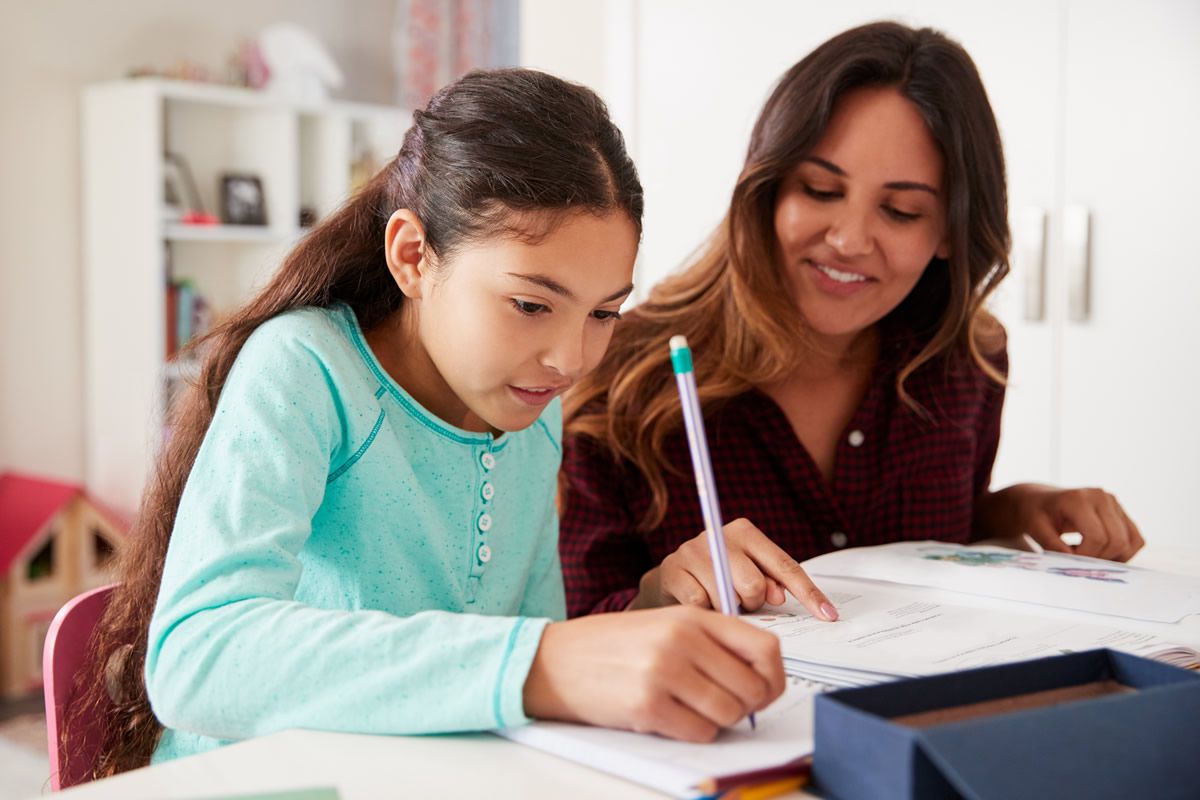Homeschooling has gained significant attention during the COVID-19 pandemic as families around the world sought alternative educational options due to school closures and health concerns. While homeschooling can offer certain advantages, it is important to acknowledge that the shift to homeschooling hasn’t been successful for many families. This article will explore the reasons behind the challenges faced by families, the inadequacy of resources and support, increased parental stress, educational gaps, and learning difficulties that have hindered the effectiveness of homeschooling during the pandemic. Additionally, we will provide insights and considerations for families who are considering homeschooling as an option.
Introduction
Overview of Homeschooling During the Pandemic
Homeschooling, which involves parents taking on the role of educators and providing education at home, became a popular choice for families during the pandemic. It offered a way to ensure continuity of education while reducing the risk of exposure to the virus. However, the transition to homeschooling hasn’t been without its challenges.
Importance of Homeschooling
Homeschooling allows parents to have greater control over their children’s education and tailor it to their individual needs. It provides flexibility, personalized instruction, and the opportunity for parents to instill their values and beliefs into their children’s education.
Challenges Faced by Families in Homeschooling During the Pandemic
Lack of Structure and Routine
One of the major challenges faced by families in homeschooling during the pandemic is the lack of structure and routine. Traditional schools provide a set schedule and routine that children are accustomed to, and the sudden shift to homeschooling can disrupt their sense of stability and consistency.
Balancing Work and Homeschooling
Another significant challenge is the balancing act of work and homeschooling for parents. Many parents had to adapt to remote work while simultaneously overseeing their children’s education. This juggling act can lead to increased stress and pressure on parents, affecting their ability to effectively homeschool their children.
Limited Social Interaction for Children
Social interaction is an essential aspect of a child’s development, and the pandemic restrictions have severely limited opportunities for socialization. Homeschooled children may miss out on the social connections and interactions that traditional schools provide, which can impact their social skills and overall well-being.
Inadequate Resources and Support
Limited Access to Technology and Internet
The digital divide has posed a significant challenge for families in homeschooling. Many households lack access to reliable internet connections or the necessary technology devices, making it difficult for children to engage in online learning platforms and access educational resources.
Insufficient Educational Materials and Resources
Homeschooling requires access to a wide range of educational materials and resources. However, during the pandemic, families may face limitations in obtaining adequate materials to support their children’s learning. This can lead to a lack of variety and depth in the educational experience, hindering effective homeschooling.
Lack of Specialized Support for Children with Special Needs
Children with special needs require specialized support and resources, which can be challenging to replicate in a homeschooling environment. Families may struggle to provide the necessary accommodations and services that these children need, leading to further difficulties in their education.
Increased Parental Stress and Burnout
Added Responsibilities and Pressure
The sudden shift to homeschooling adds significant responsibilities and pressure on parents. They not only have to manage their own work and household tasks but also take on the role of an educator. This added workload can lead to parental stress and burnout, negatively impacting both the parents’ well-being and the quality of education provided to their children.
Emotional and Mental Strain
The emotional and mental strain of the pandemic can further exacerbate the challenges of homeschooling. Parents may be dealing with their own anxieties and uncertainties, making it challenging to create a conducive learning environment for their children. The emotional well-being of parents directly affects their ability to effectively support their children’s education.
Educational Gaps and Learning Difficulties
Lack of Expertise and Teaching Skills
Homeschooling requires parents to possess expertise and teaching skills across various subjects. However, not all parents have the necessary background or training to effectively teach every subject. This can result in gaps in education and difficulties in providing comprehensive instruction to children.
Difficulty in Addressing Diverse Learning Needs
Children have diverse learning needs, and traditional schools often have support systems in place to cater to these individual requirements. In a homeschooling setting, it can be challenging for parents to address and accommodate the unique learning needs of their children, leading to potential gaps in education and slower progress.
Conclusion
In conclusion, the shift to homeschooling during the pandemic has presented significant challenges for many families. The lack of structure, limited resources and support, increased parental stress, educational gaps, and learning difficulties have hindered the effectiveness of homeschooling. While homeschooling can offer benefits, it is crucial for families to consider their specific circumstances and resources before deciding on this educational approach.
Families considering homeschooling should evaluate their ability to provide a structured learning environment, access necessary resources, and address diverse learning needs. It is also important to recognize the potential impact on social interaction and seek alternative ways to facilitate socialization for children. Ultimately, the decision to homeschool during the pandemic should be based on careful consideration and a realistic assessment of the family’s capabilities.




